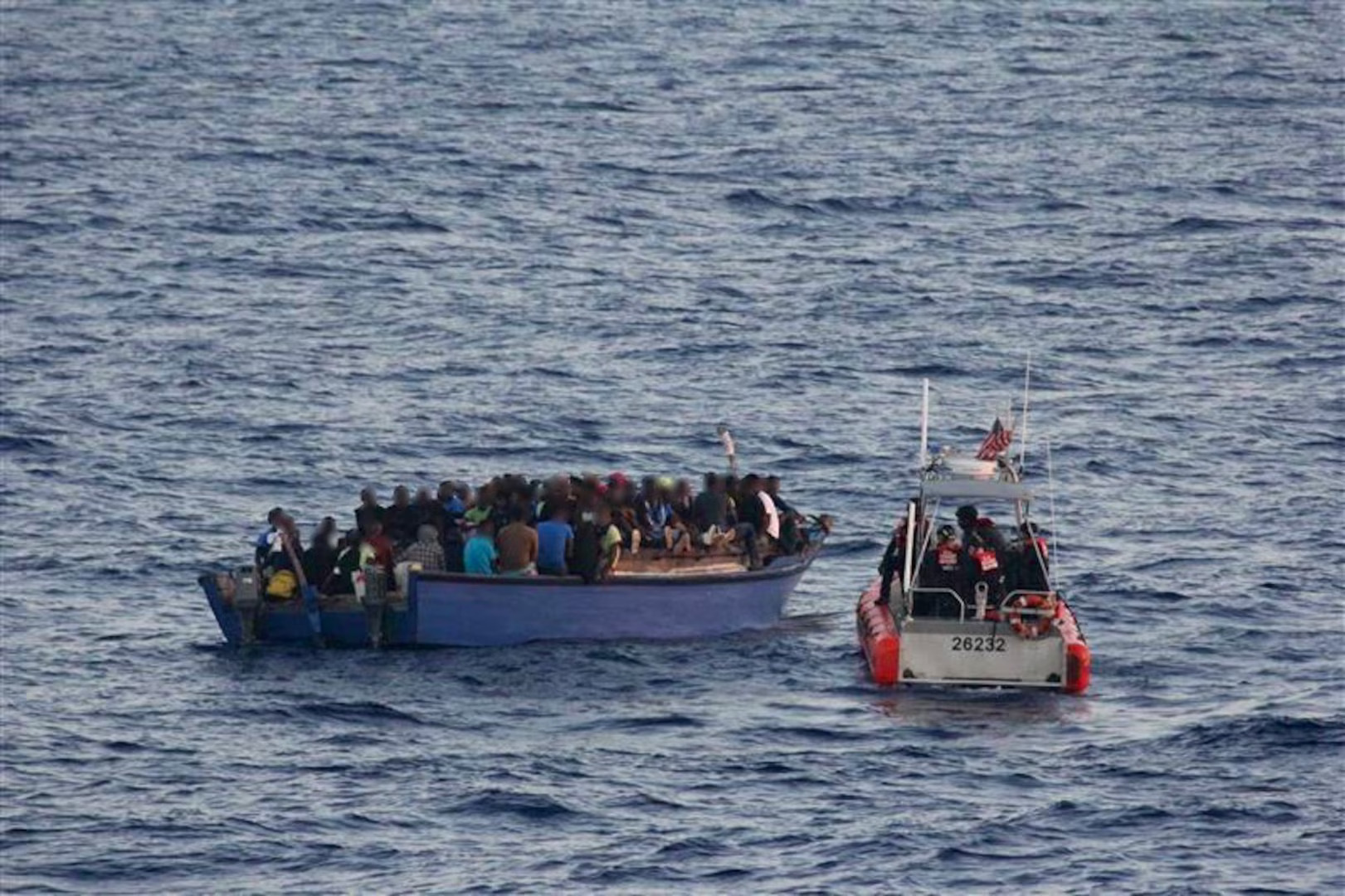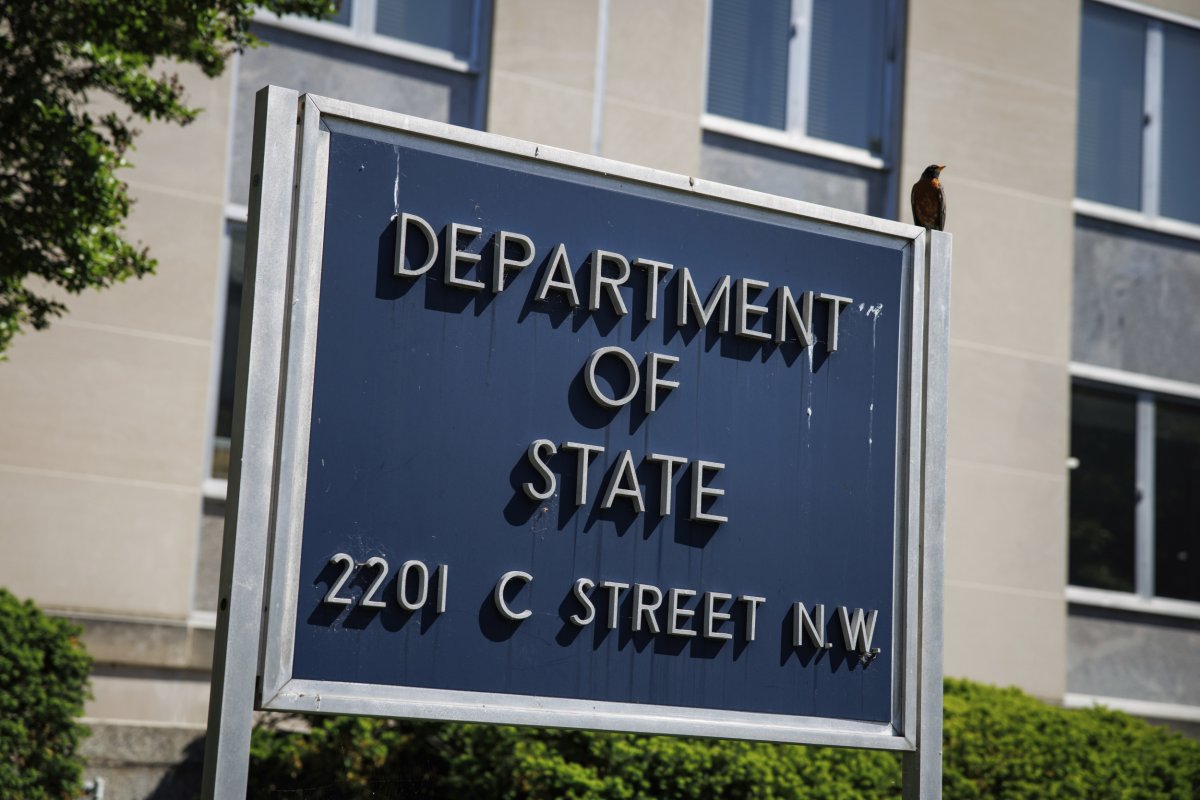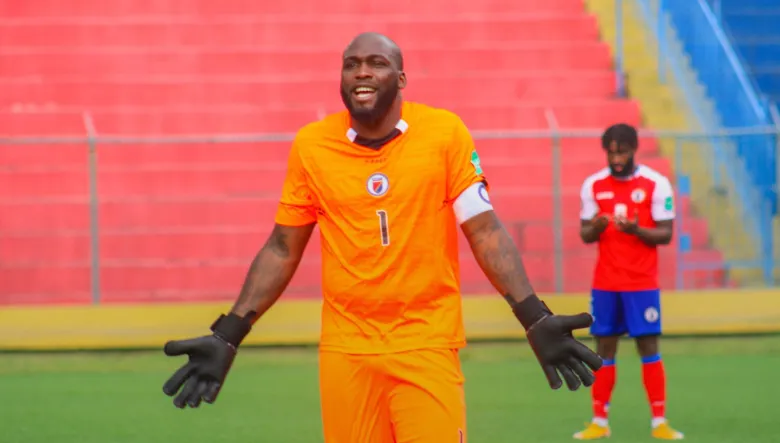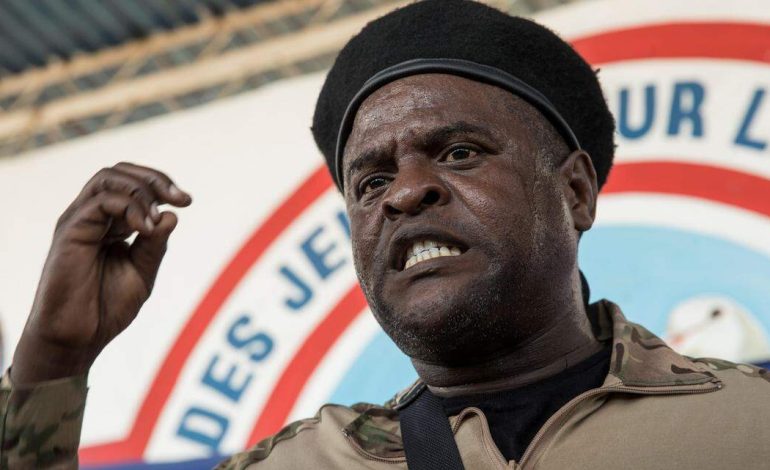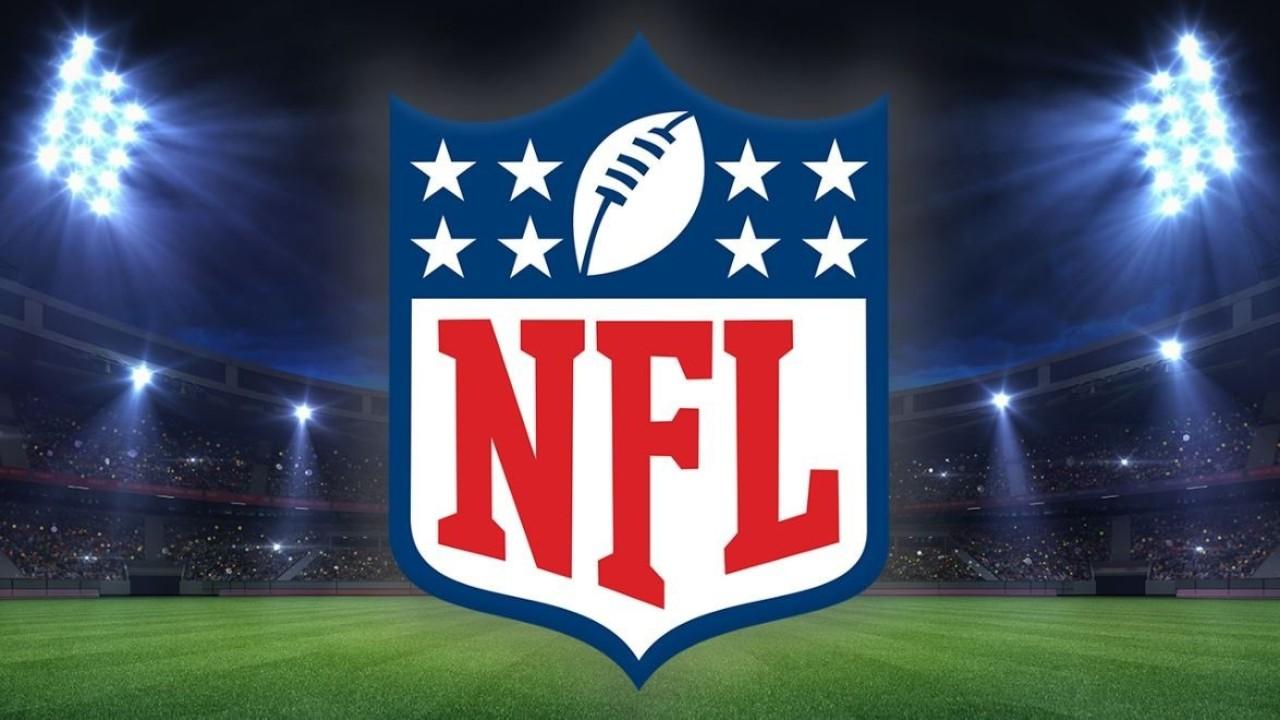The U.S. Department of Justice has officially filed an indictment against Haitian gang leader Jimmy “Barbecue” Chérizier and a naturalized U.S. citizen, Bazile Richardson, over a conspiracy to violate U.S. sanctions and funnel funds from the U.S. to support gang operations in Haiti. Authorities allege these funds were used to pay gang members’ salaries and purchase illegal weapons, despite sanctions imposed on Chérizier since 2020. Richardson was arrested on July 23 in Pasadena, Texas, and appeared in court in Washington, D.C. today. Meanwhile, Chérizier remains at large in Haiti.
Key Developments & Legal Context
1.
Indictment Details
- The U.S. District Court in Washington, D.C. unsealed charges on August 12, 2025, naming Jimmy Chérizier and Bazile Richardson as co-conspirators.
- Chérizier, known as “Barbecue” and head of the Viv Ansanm gang federation (formerly G9), remains a fugitive, believed to be hiding in Port-au-Prince.
- Richardson—also known by aliases such as “Fredo” and “Lepe Blode”—is alleged to have solicited money from the Haitian diaspora in the U.S., coordinated transfers through intermediaries, and sent Chérizier proof of payments.
2.
Purpose of Funds
- Funds were allegedly used to pay gang members, purchase illegal firearms from Haitian black-market dealers, and fund operations of the gang network.
3.
Consequences & Legal Response
- The indictment marks the first-ever criminal case filed under the Global Magnitsky Human Rights Accountability Act targeting Chérizier.
- A $5 million reward has been offered by the U.S. State Department’s Transnational Organized Crime Rewards Program for information leading to Chérizier’s arrest or conviction.
- U.S. Attorney Jeanine Pirro emphasized enforcement: “We will prosecute those who enable Haiti’s violence and instability.”
4.
Context: Who Is Chérizier?
- Former Haitian National Police officer turned multi-gang leader, Chérizier is accused of orchestrating major massacres—including La Saline in 2018—and now heads the Viv Ansanm coalition, which controls much of Port-au-Prince. The coalition was designated a Foreign Terrorist Organization (FTO) by the U.S. in 2025.
Why This Matters
This indictment signals a potent escalation in the U.S. strategy against Haitian gang networks:
- It connects financial networks in the U.S. to instability in Haiti.
- Utilizes the Magnitsky Act to target human rights violators.
- Sends a clear message to diaspora supporters: sanctions don’t stop destruction, and support for violence will lead to prosecution.
Given Chérizier’s stronghold over Haiti’s capital and his visibility in international media, critics note that the indictment may be symbolic. Still, it raises legal and political pressure, both in the U.S. and abroad.

